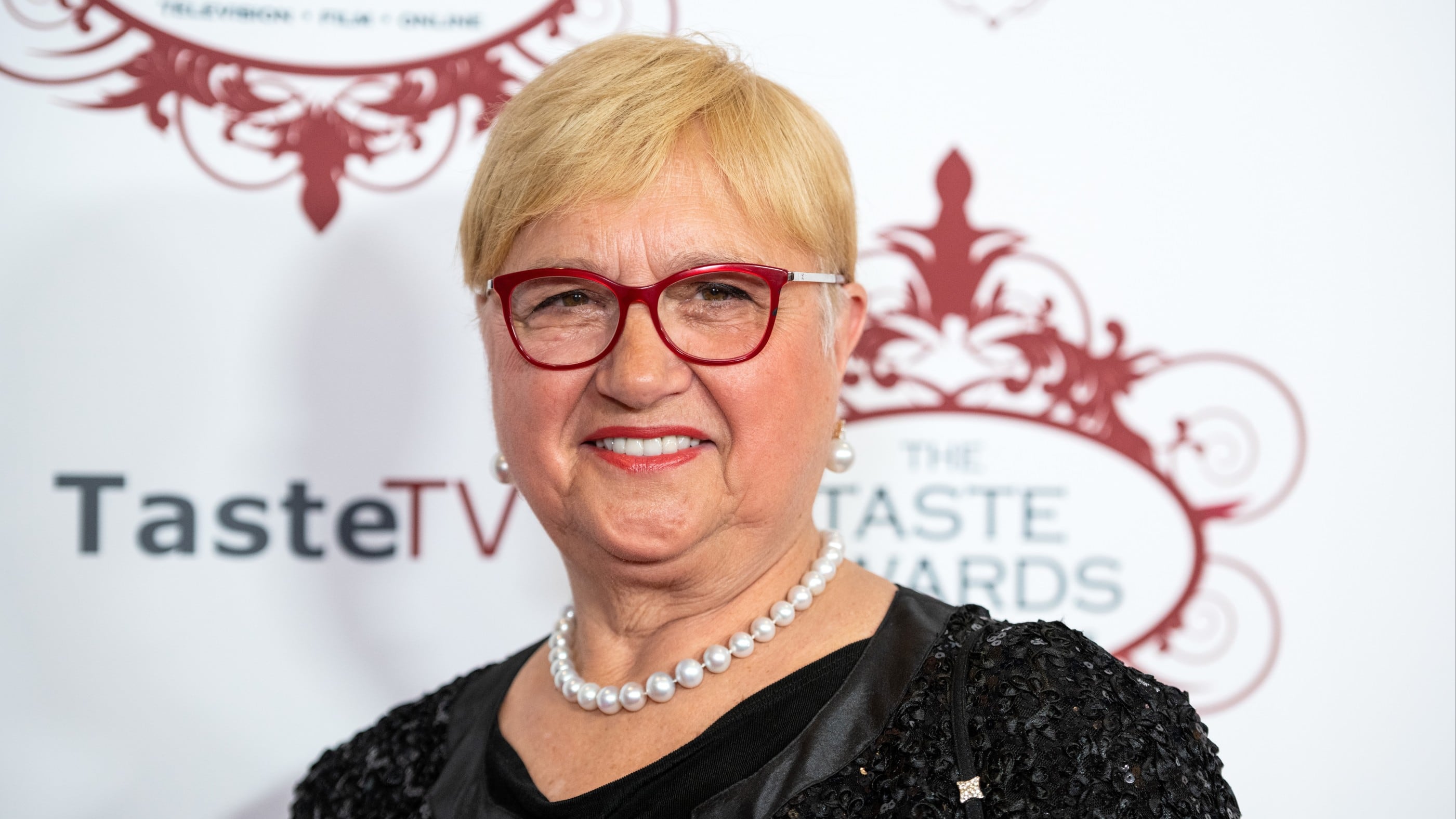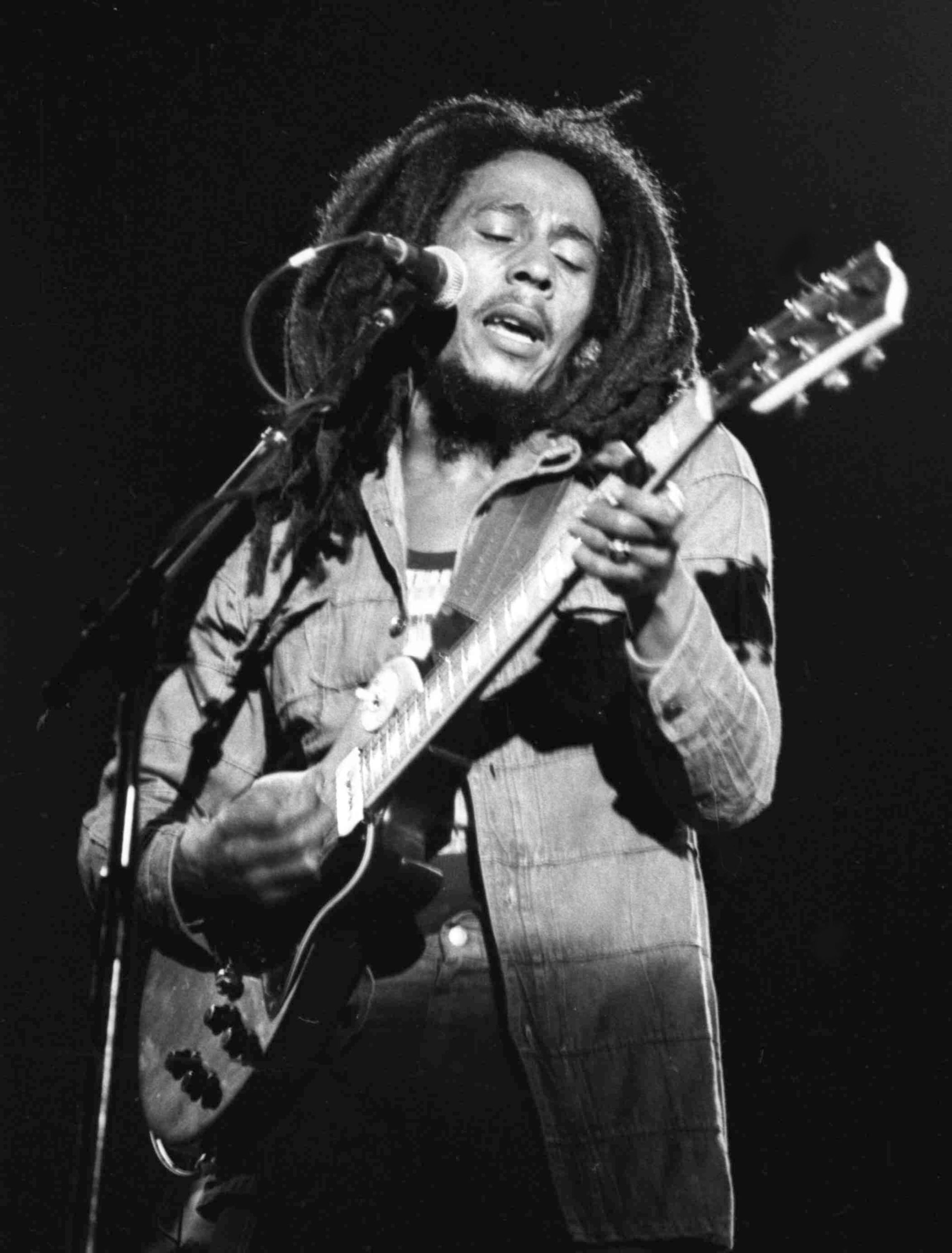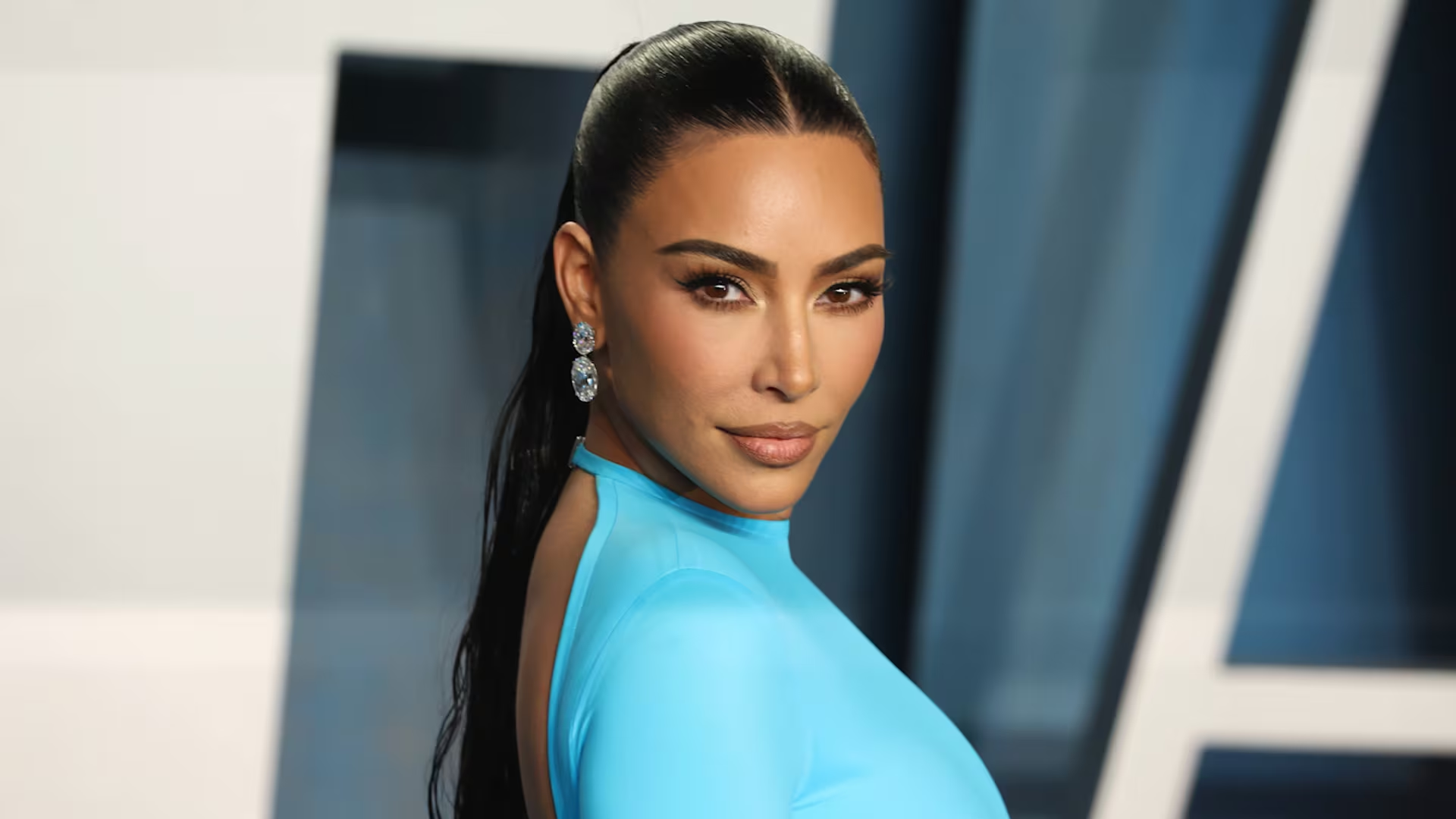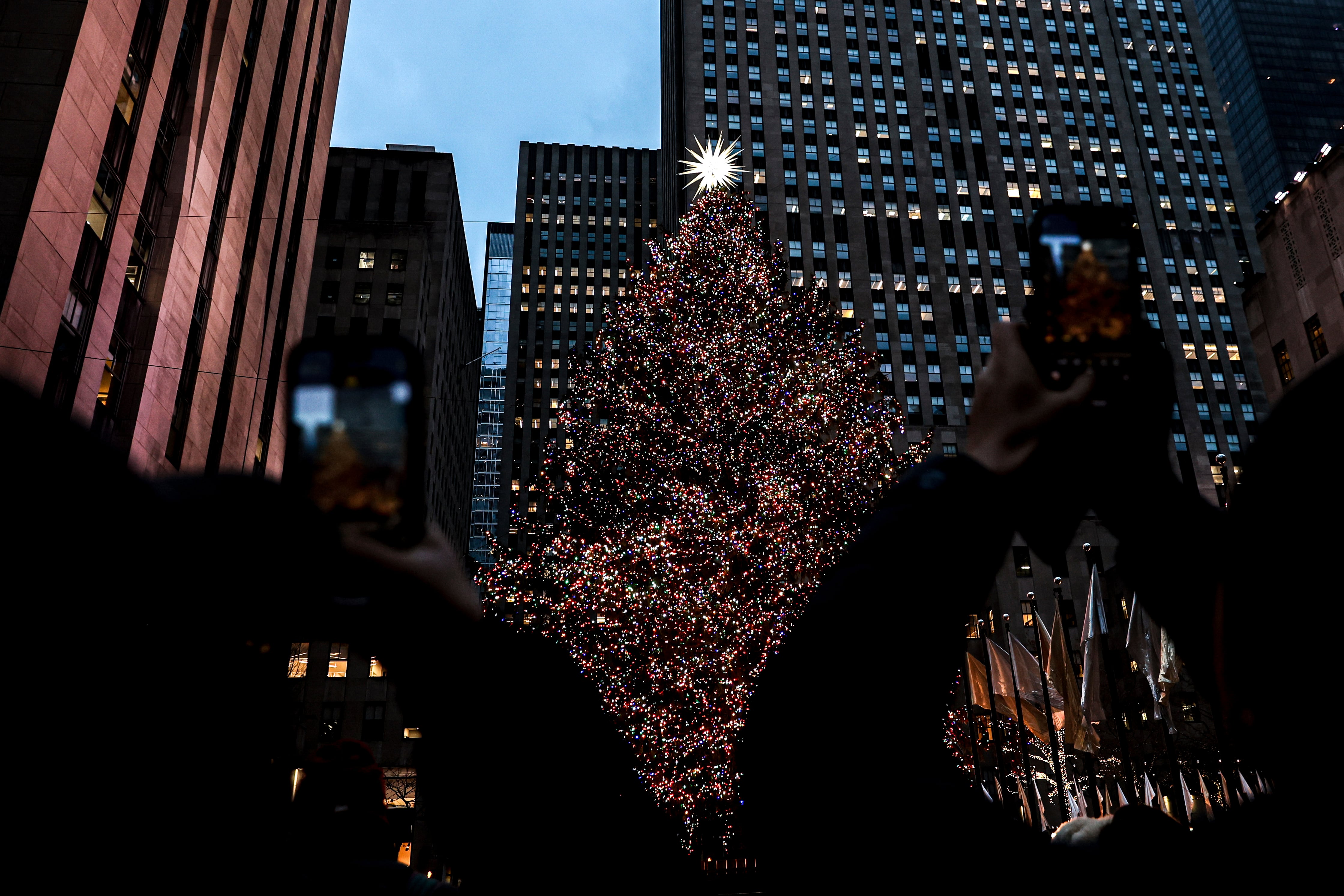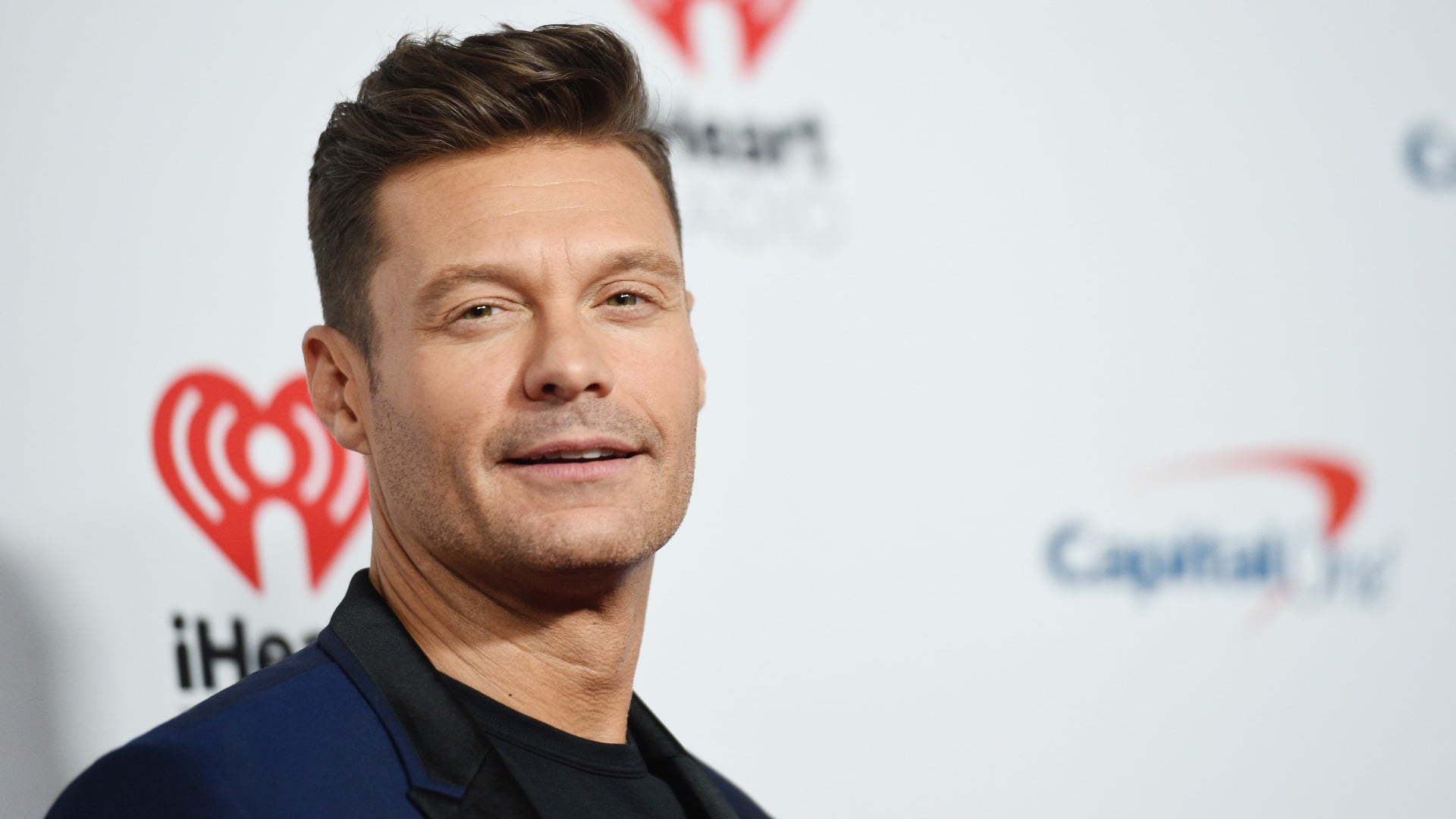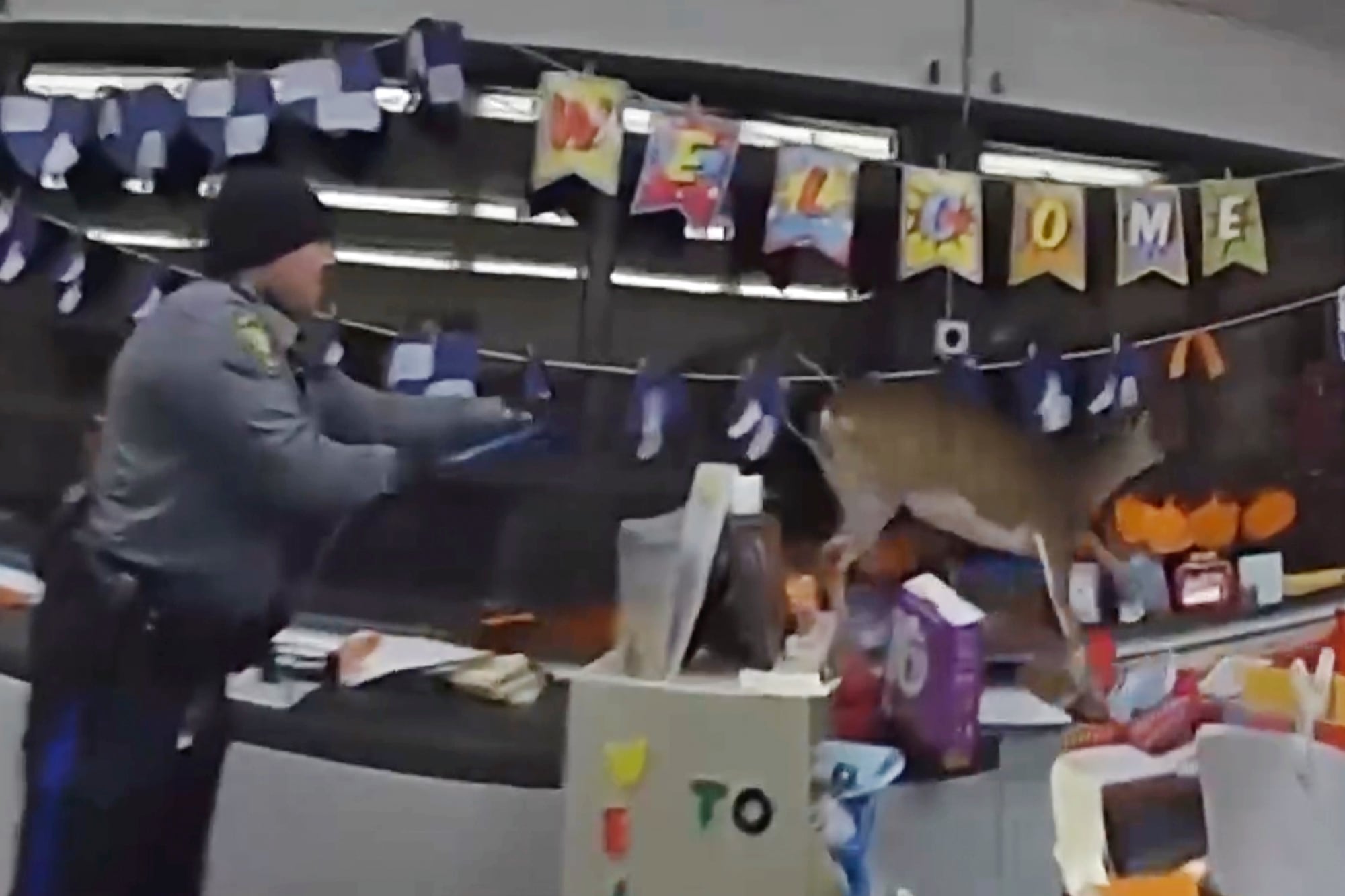By Jessica Gresko
The Supreme Court decided unanimously Monday that the NCAA can’t enforce rules limiting education-related benefits — like computers and paid internships — that colleges offer to student-athletes, a ruling that could help push changes in how the student-athletes are compensated.
The case doesn’t decide whether students can be paid salaries. Instead, the ruling will help determine whether schools decide to offer athletes tens of thousands of dollars in education benefits for things including tutoring, study abroad programs and graduate scholarships.
The high court said that NCAA limits on the education-related benefits that colleges can offer athletes who play Division I basketball and football violate antitrust laws.
Justice Neil Gorsuch wrote for the court that the NCAA sought “immunity from the normal operation of the antitrust laws.” And he said that allowing colleges and universities to offer "enhanced education-related benefits ... may encourage scholastic achievement and allow student-athletes a measure of compensation more consistent with the value they bring to their schools.”
Under current NCAA rules, students cannot be paid, and the scholarship money colleges can offer is capped at the cost of attending the school. The NCAA had defended its rules as necessary to preserve the amateur nature of college sports.
But the former athletes who brought the case, including former West Virginia football player Shawne Alston, argued that the NCAA’s rules on education-related compensation were unfair and violated federal antitrust law designed to promote competition. The Supreme Court upheld a lower court ruling barring the NCAA from enforcing those rules.
As a result of the ruling, the NCAA itself can’t bar schools from sweetening their offers to Division I basketball and football players with additional education-related benefits. But individual athletic conferences can still set limits if they choose.
“It is our hope that this victory in the battle for college athletes’ rights will carry on a wave of justice uplifting further aspects of athlete compensation," said Steve Berman, an attorney for the former college athletes, in a statement following the ruling. “This is the fair treatment college athletes deserve.”
The NCAA had argued that a ruling for the athletes could lead to a blurring of the line between college and professional sports, with colleges trying to lure talented athletes by offering over-the-top education benefits worth thousands of dollars. Even without the court’s ruling, however, changes seem on the way for how college athletes are compensated. The NCAA has been working to amend its rules to allow athletes to profit from their names, images and likenesses, frequently abbreviated NIL. That would allow athletes to earn money for things like sponsorship deals, online endorsement and personal appearances. For some athletes, those amounts could dwarf any education-related benefits.
“Even though the decision does not directly address name, image and likeness, the NCAA remains committed to supporting NIL benefits for student-athletes,” NCAA President Mark Emmert said in a statement following the ruling. “Additionally, we remain committed to working with Congress to chart a path forward, which is a point the Supreme Court expressly stated in its ruling.”
The players associations of the NFL, the NBA and the WNBA had all urged the justices to side with the ex-athletes, as did the Biden administration.
___
AP College Sports Writer Ralph D. Russo contributed to this report.


